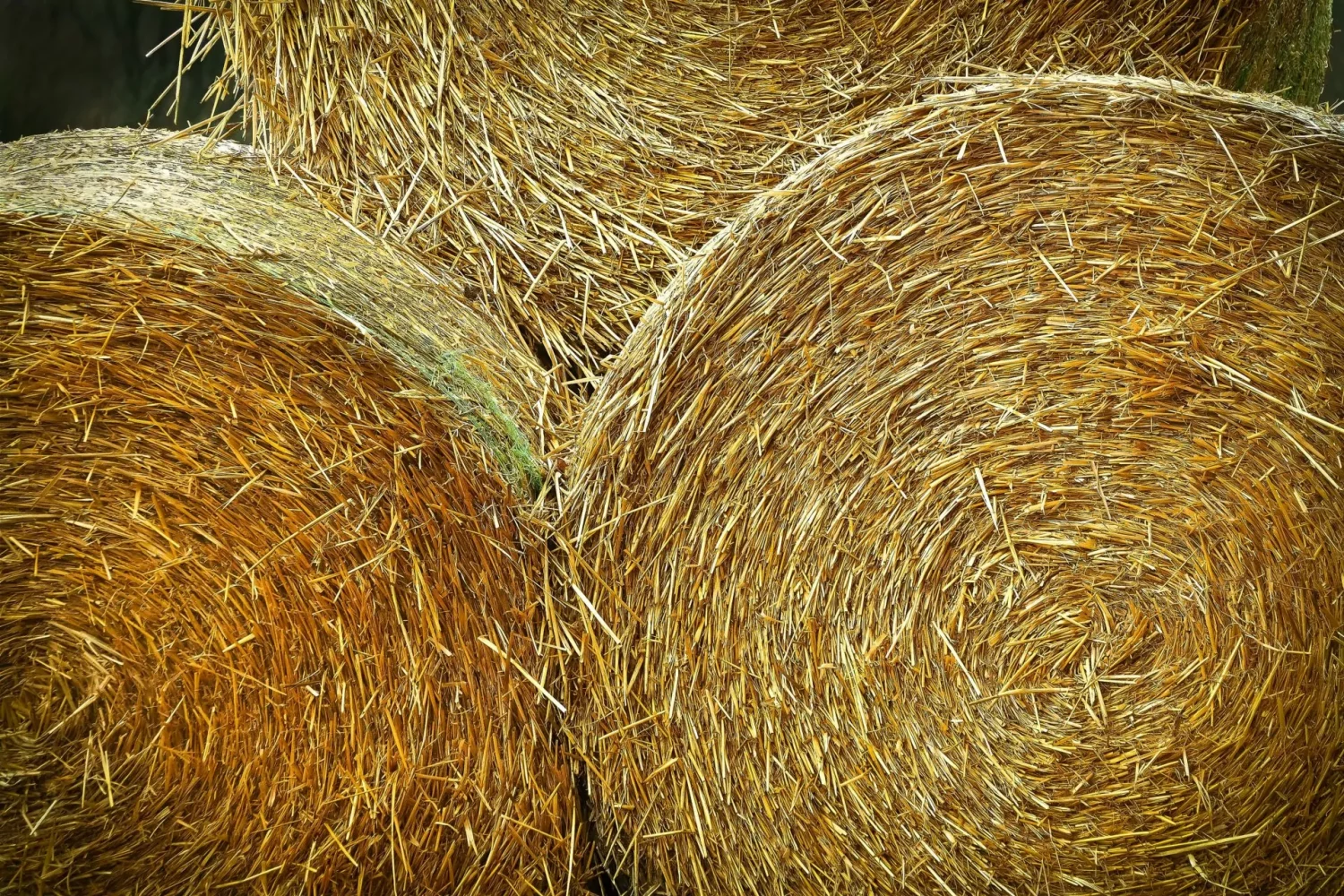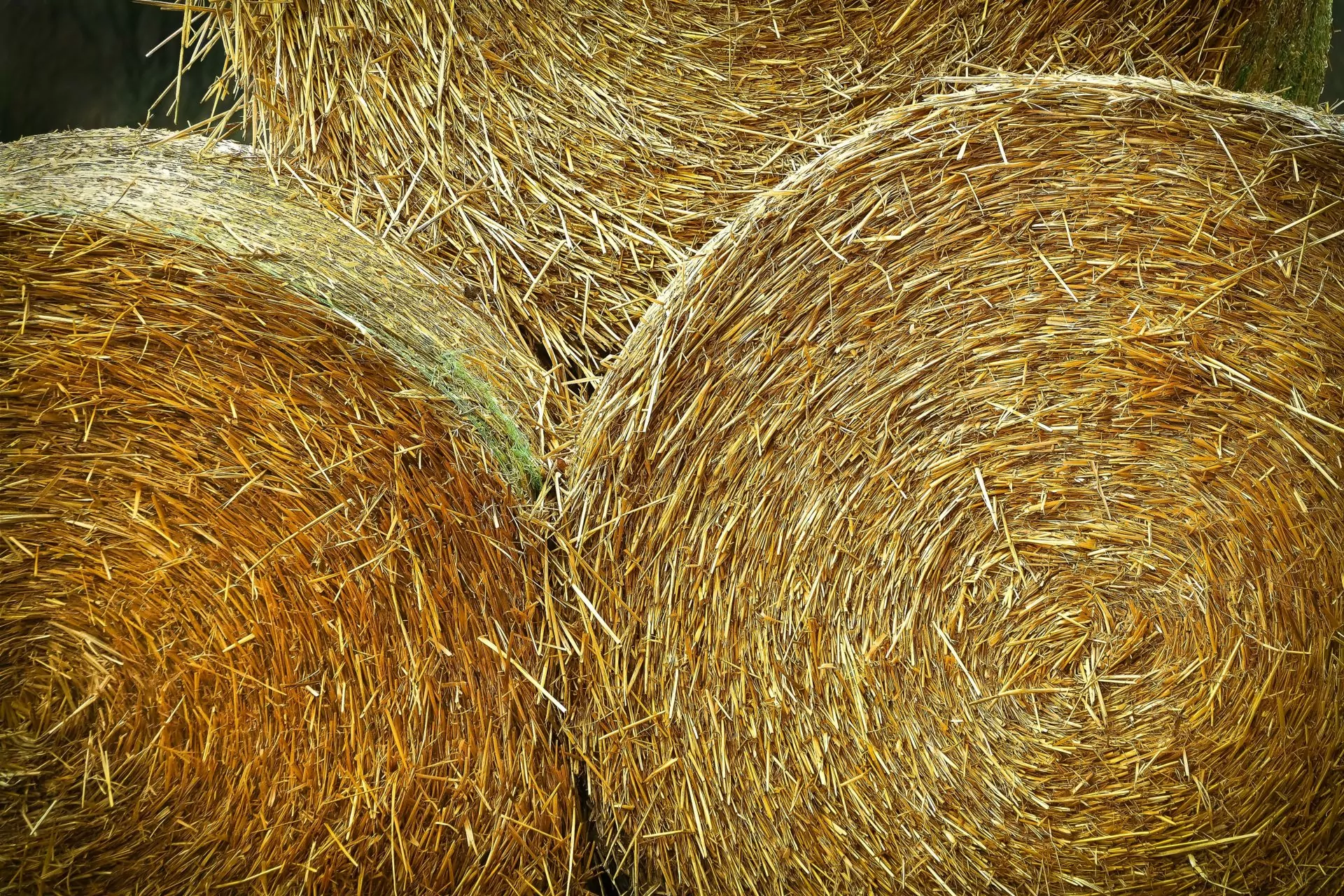Cheaper fuel and increased animal welfare.
Heating of stables, housing and grain drying at Ole Nannerup has so far been done with an oil boiler, but a new straw boiler has provided a number of practical, economic and health benefits on his farm.

Before, farmer Ole Nannerup spent about 50,000 liters of oil a year on heating stables and his home up as well as getting dried grain in a large grain drying plant. Today, heating and grain drying takes place with a new straw boiler.
»I am pleased that we have now become self-sufficient in our own straw as fuel, and that we have at the same time helped to reduce CO2 emissions. The financial contribution has made the entire investment profitable,« says Ole Nannerup.
Switching from oil to straw provides an annual financial saving equivalent to about four years of repayment of the investment. The 50,000 liter oil saved annually is equivalent to 130 tonnes less CO2 emitted.
»We were aware that we needed help with the financial calculations. Nordic Green Solutions knows the energy subsidy schemes well and has done all the necessary work to calculate the finances of the investments and obtain the subsidy,« says Ole Nannerup.
»We have been very satisfied with the collaboration with Nordic Green Solutions. They work professionally. The economic estimates have stuck and the schedule has been kept,« he continues.
»With the new straw boiler, our heating has become cheaper, which means that we now run a larger air exchange in our stables with 1,200 pigs. A larger air change is beneficial for the animals’ health, so we have had a positive derived effect by switching to the straw fire,« says Ole Nannerup.
»It is my impression that Nordic Green Solutions is among the leaders when it comes to helping our type of business. We received an assessment of the entire project’s finances before we decided on the investment, and the calculations have been accurate, and the operating experience with the new straw plant is good, so we are very satisfied with the entire process.,« says Ole Nannerup.
